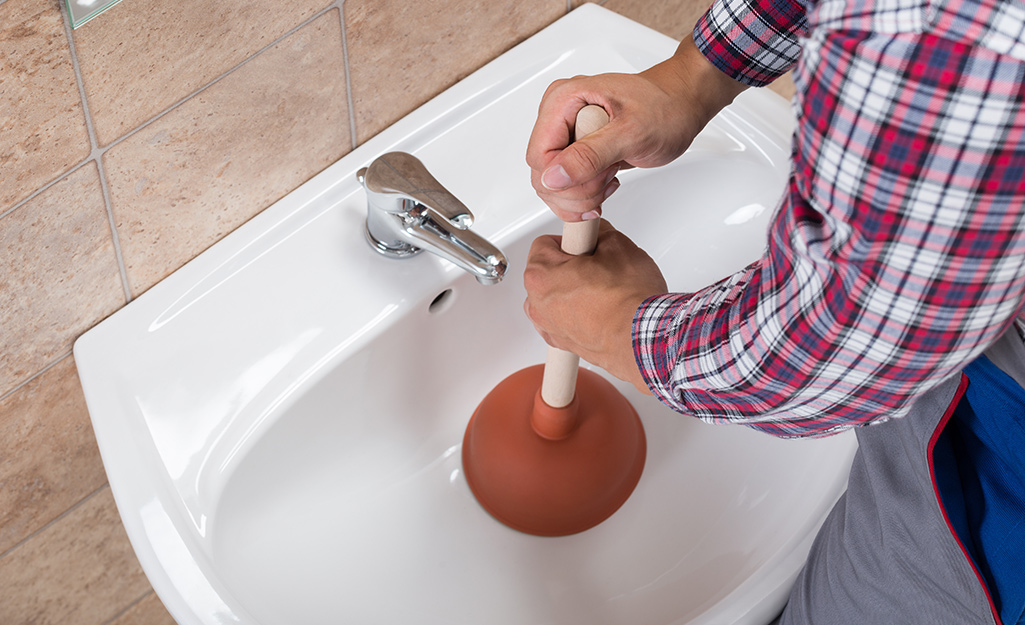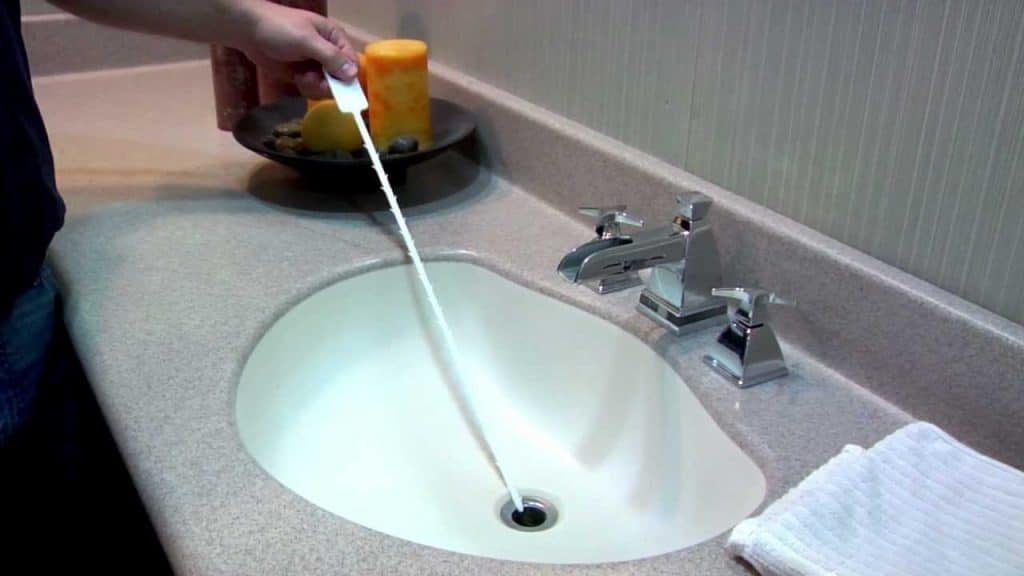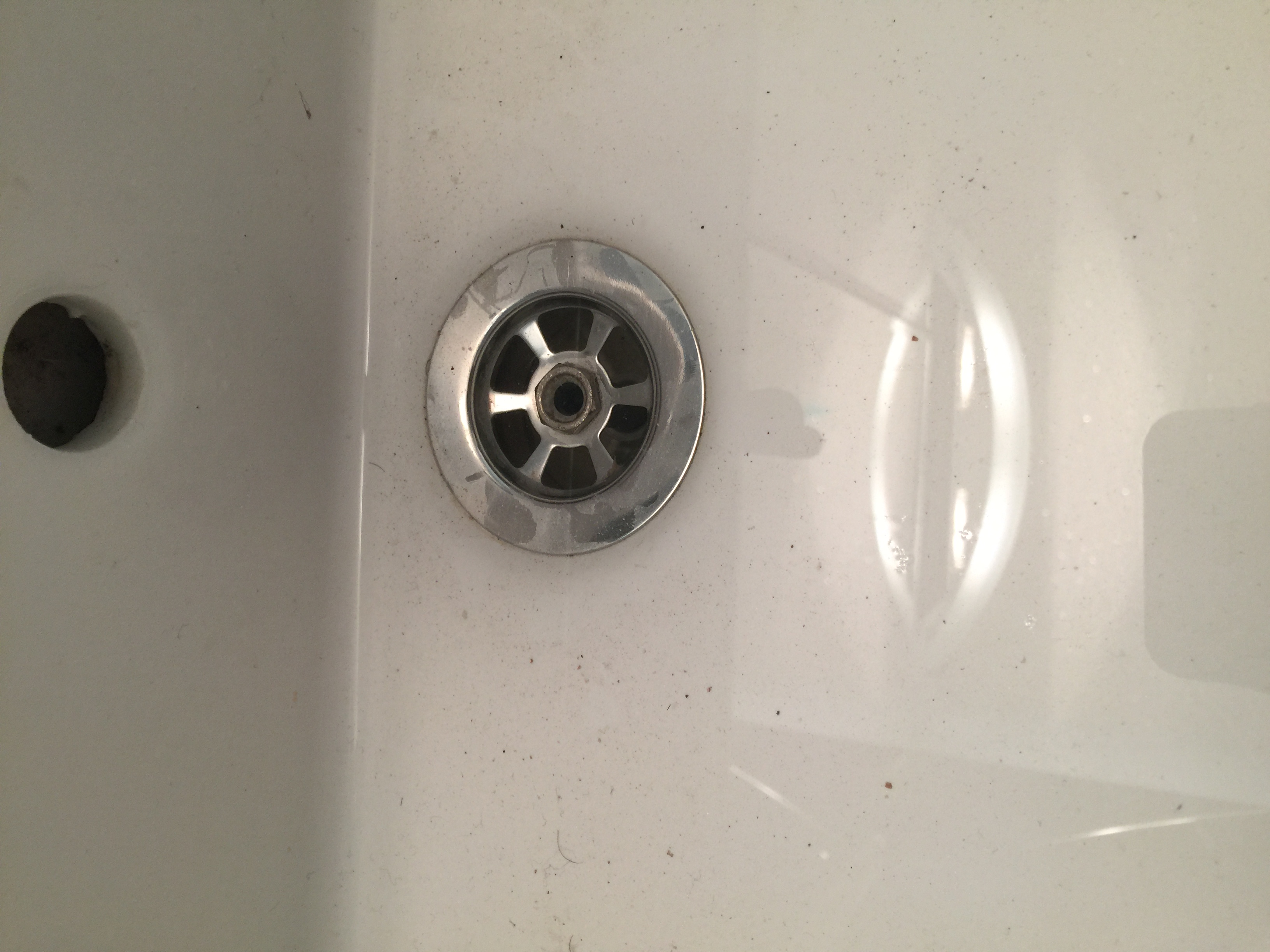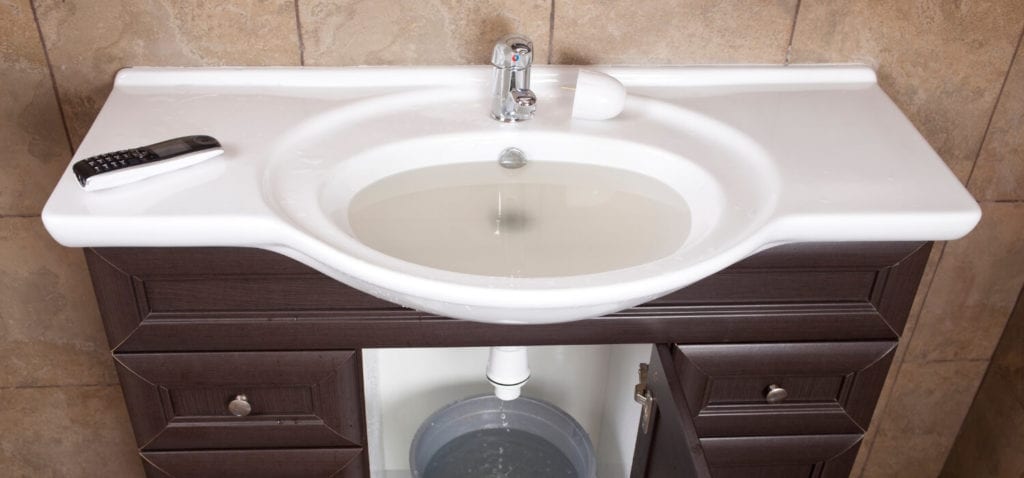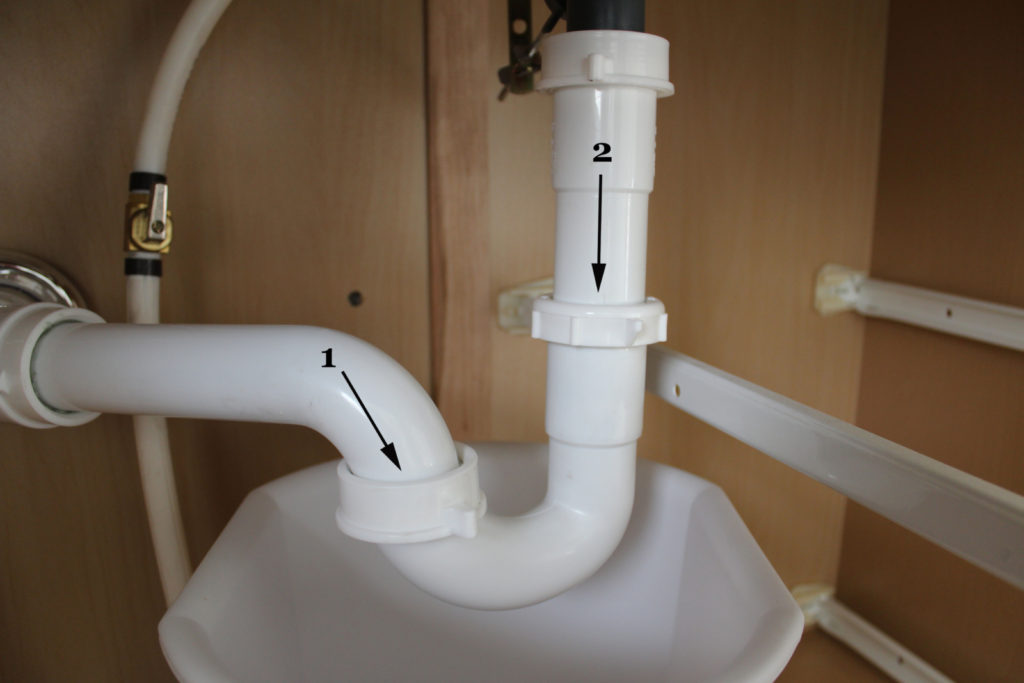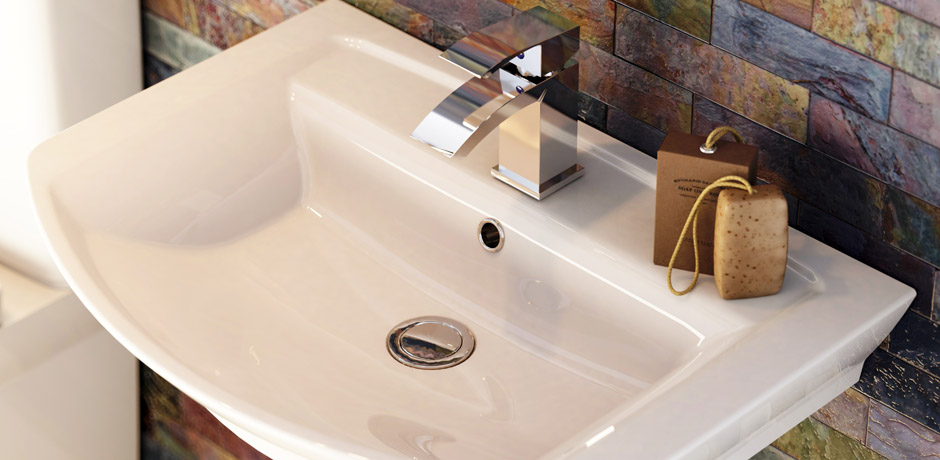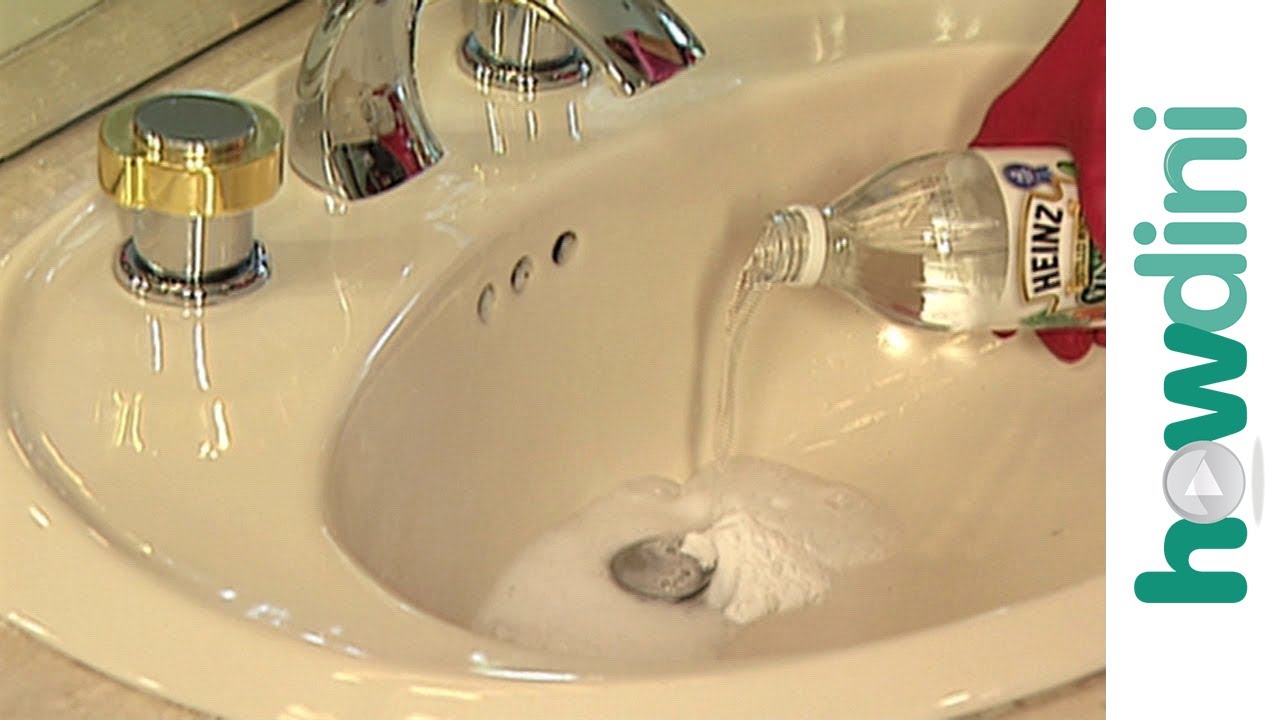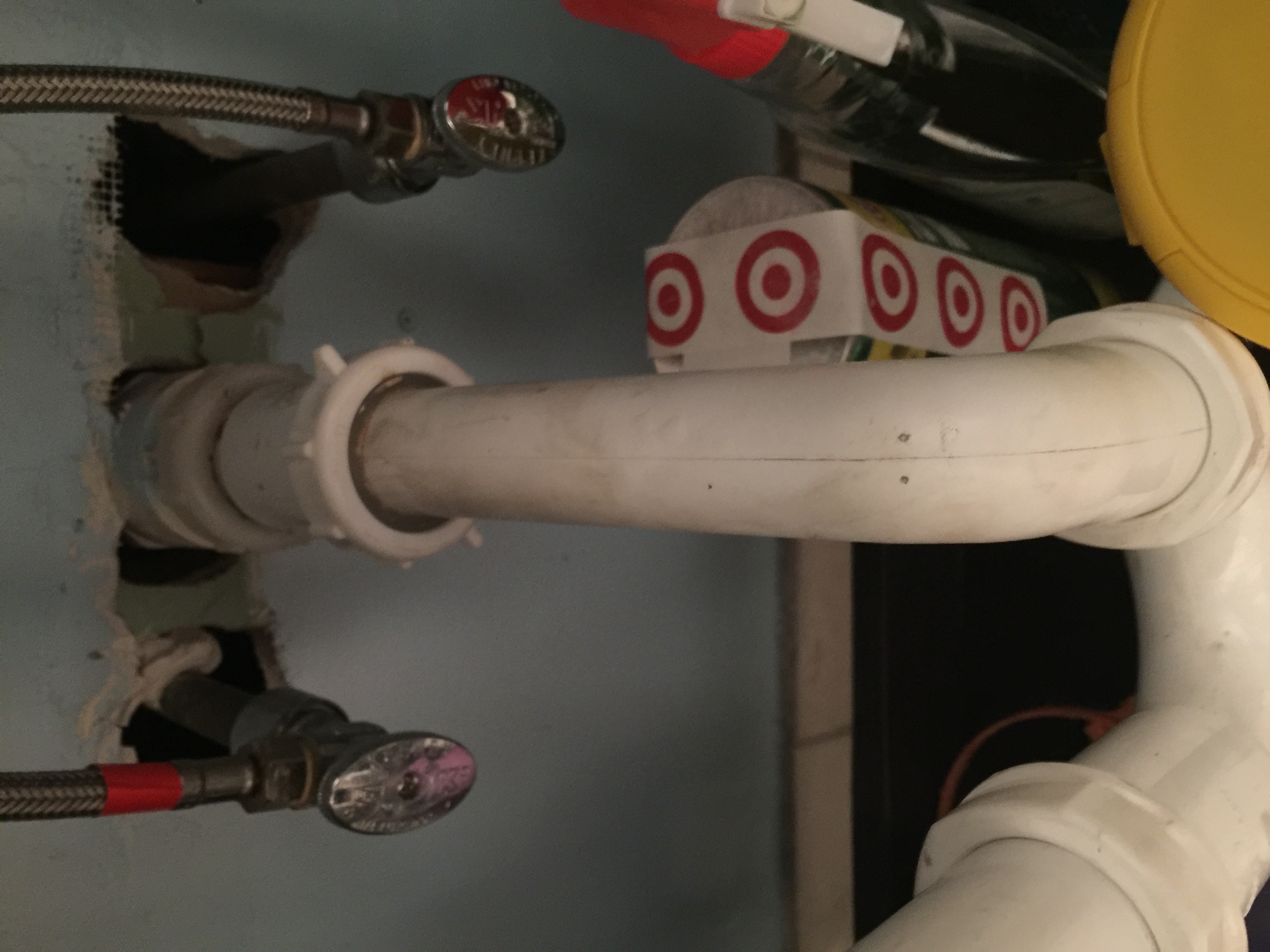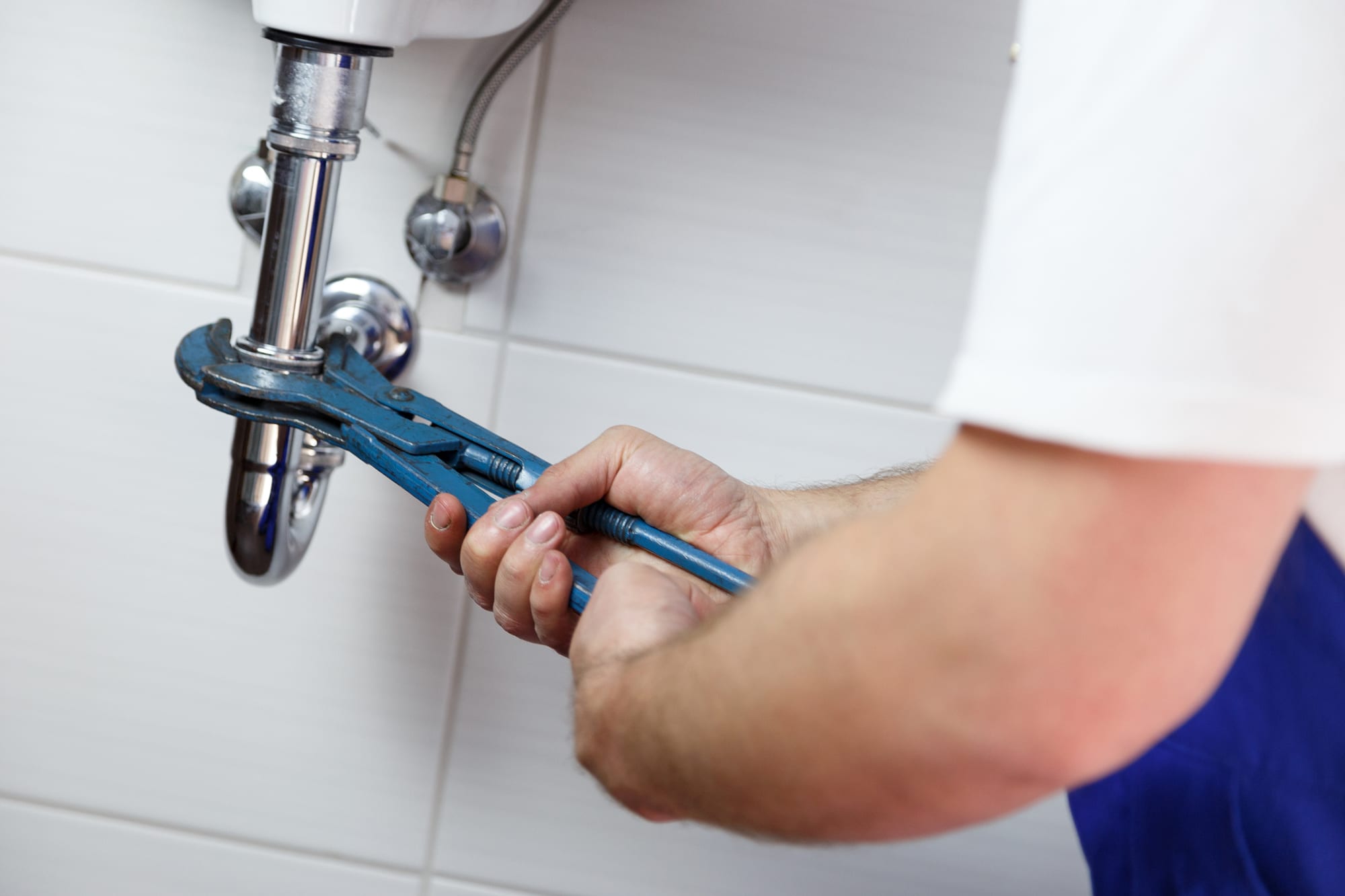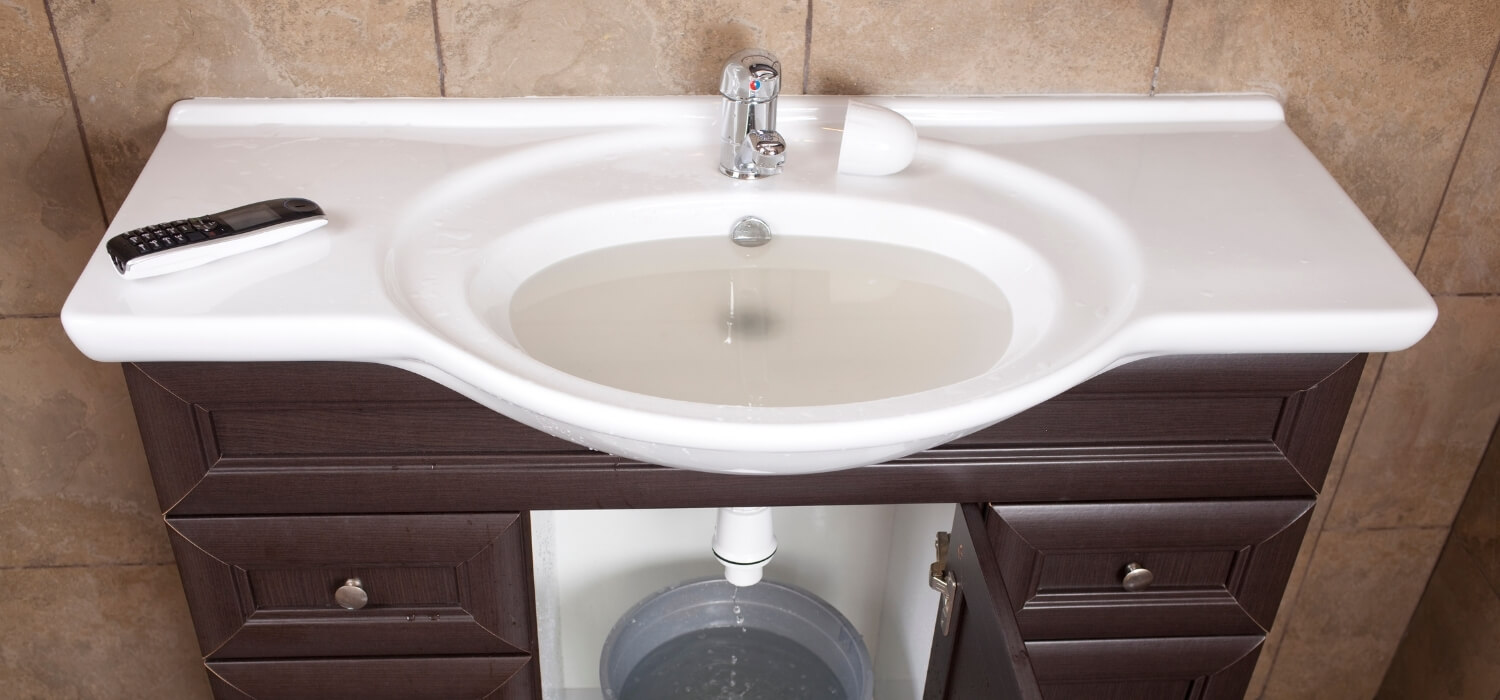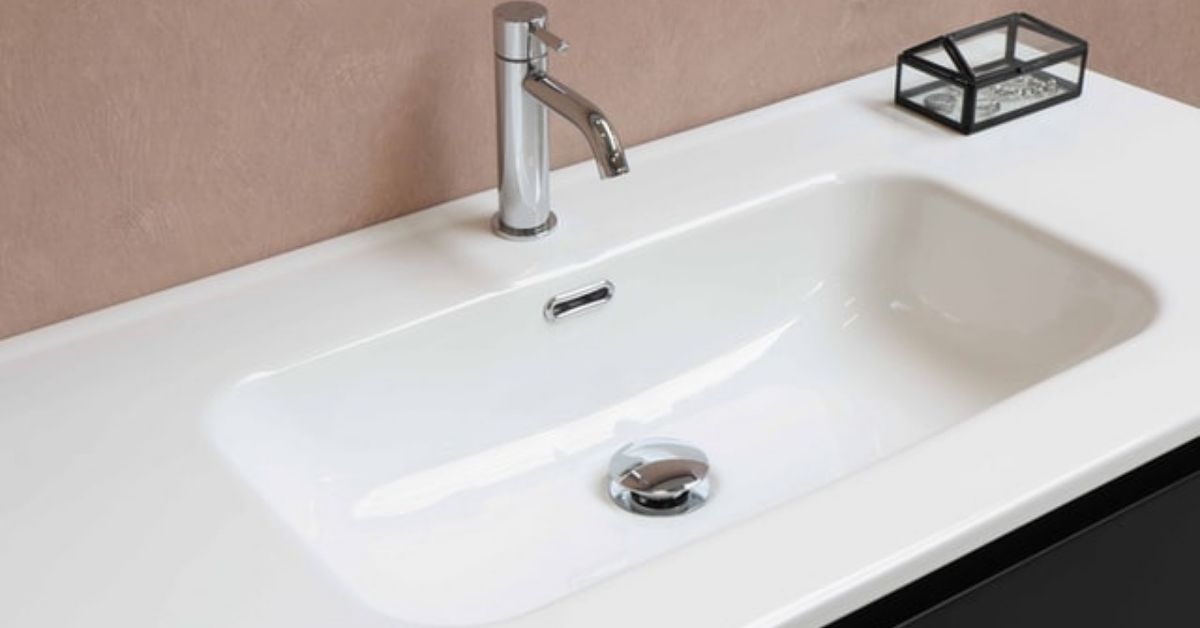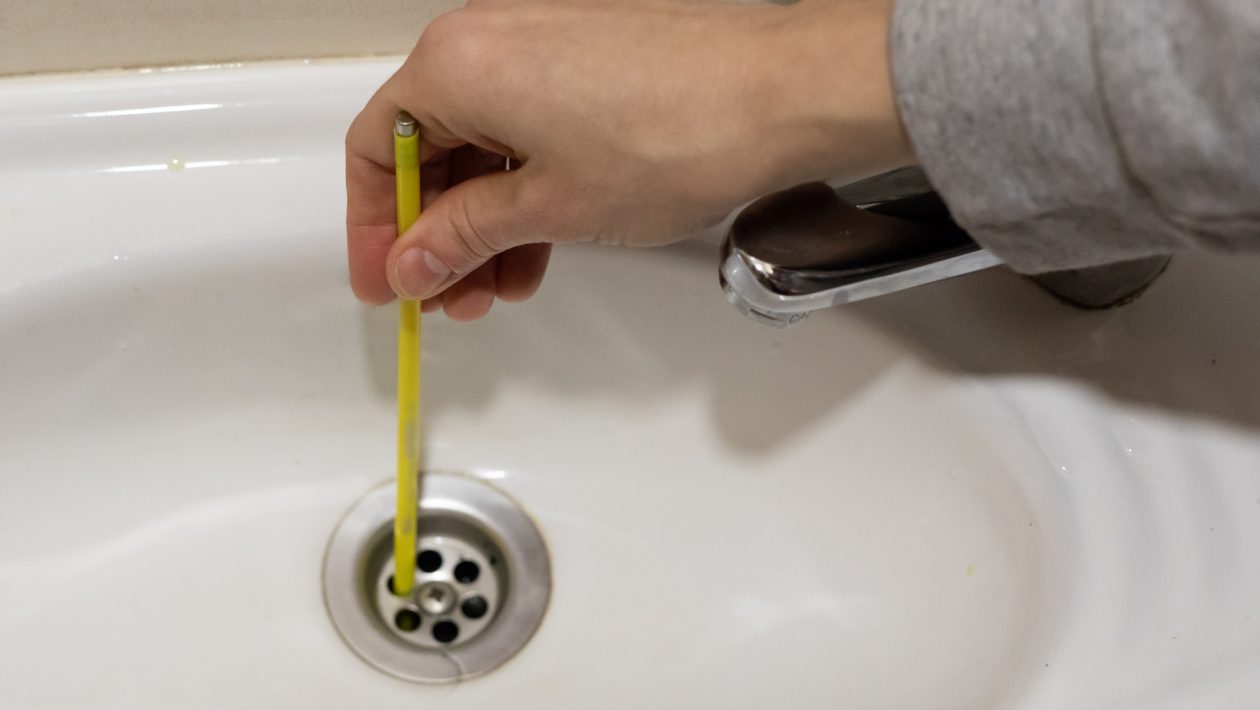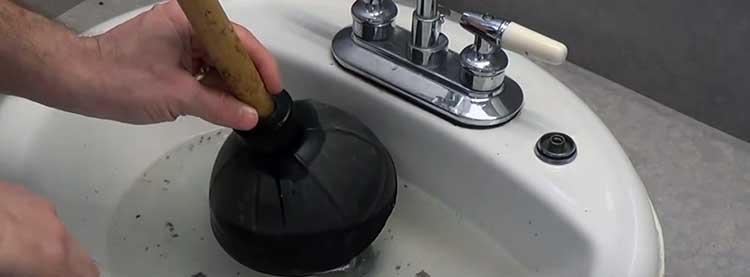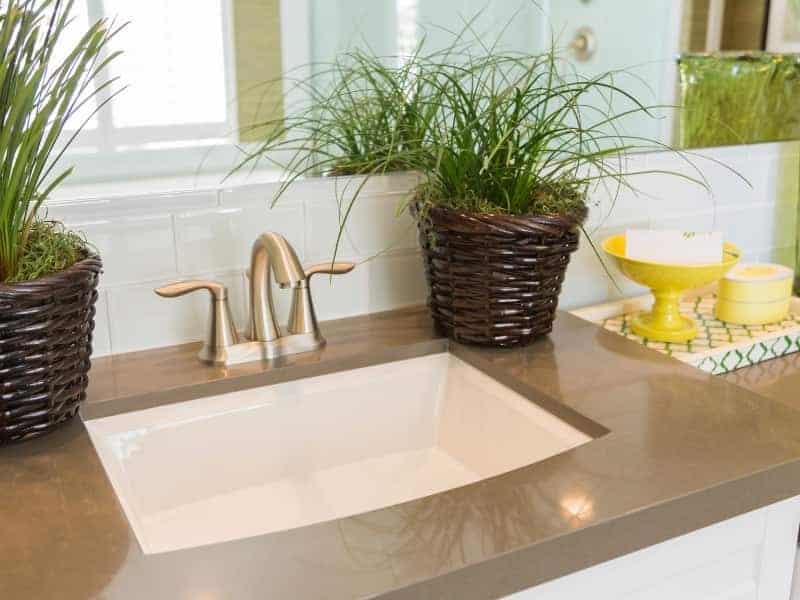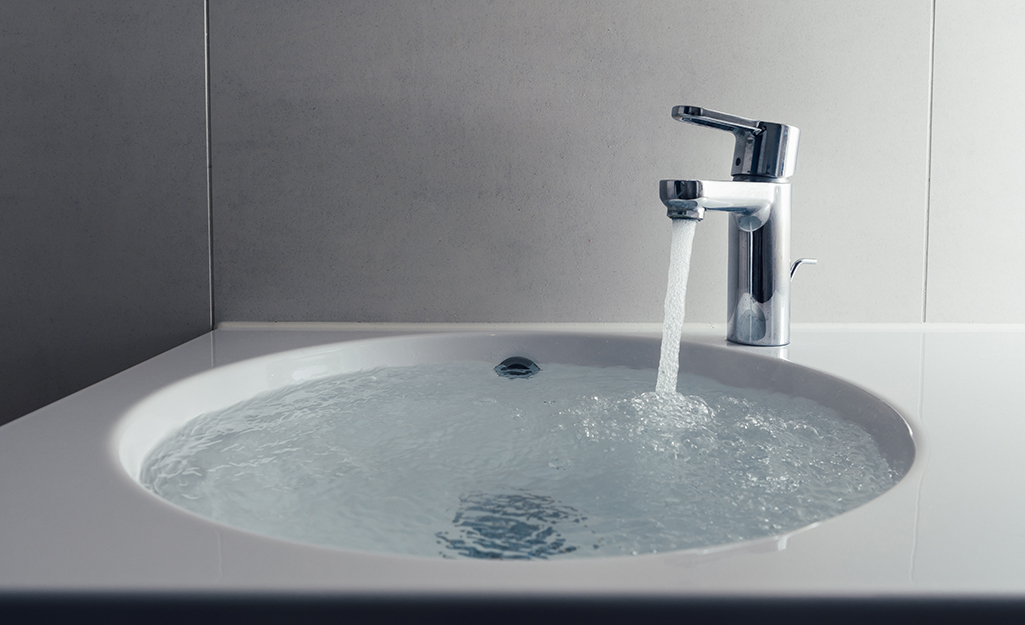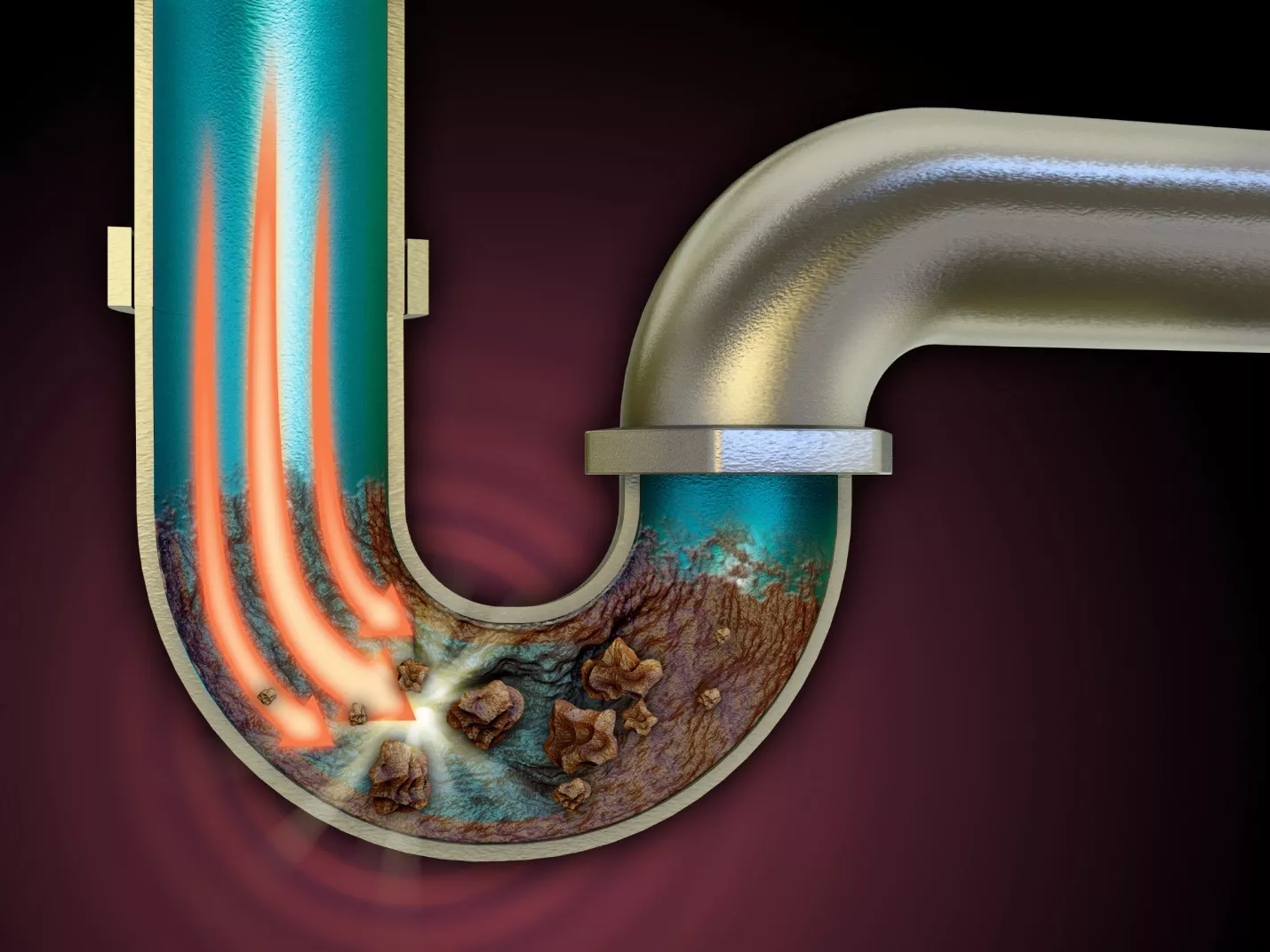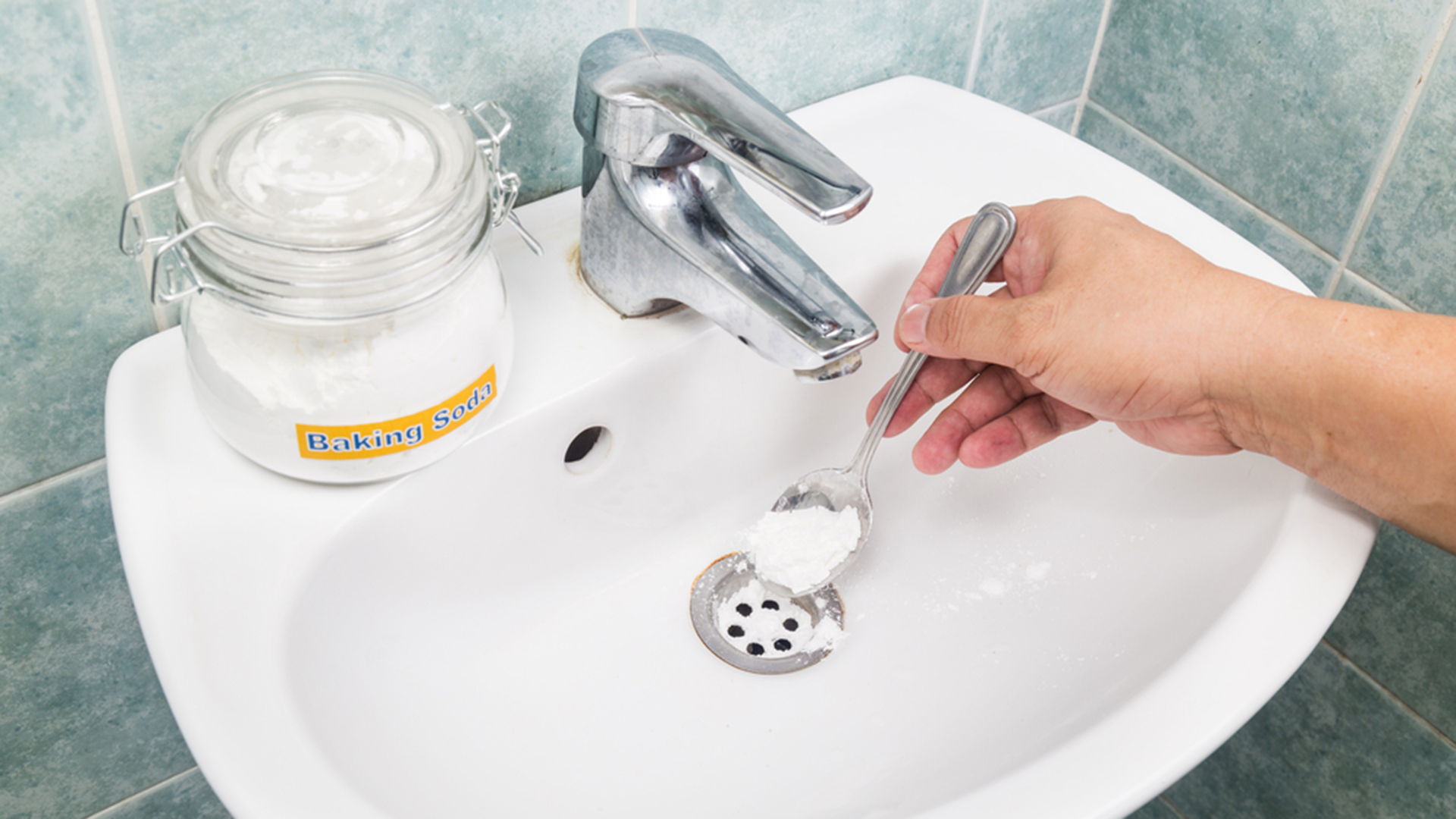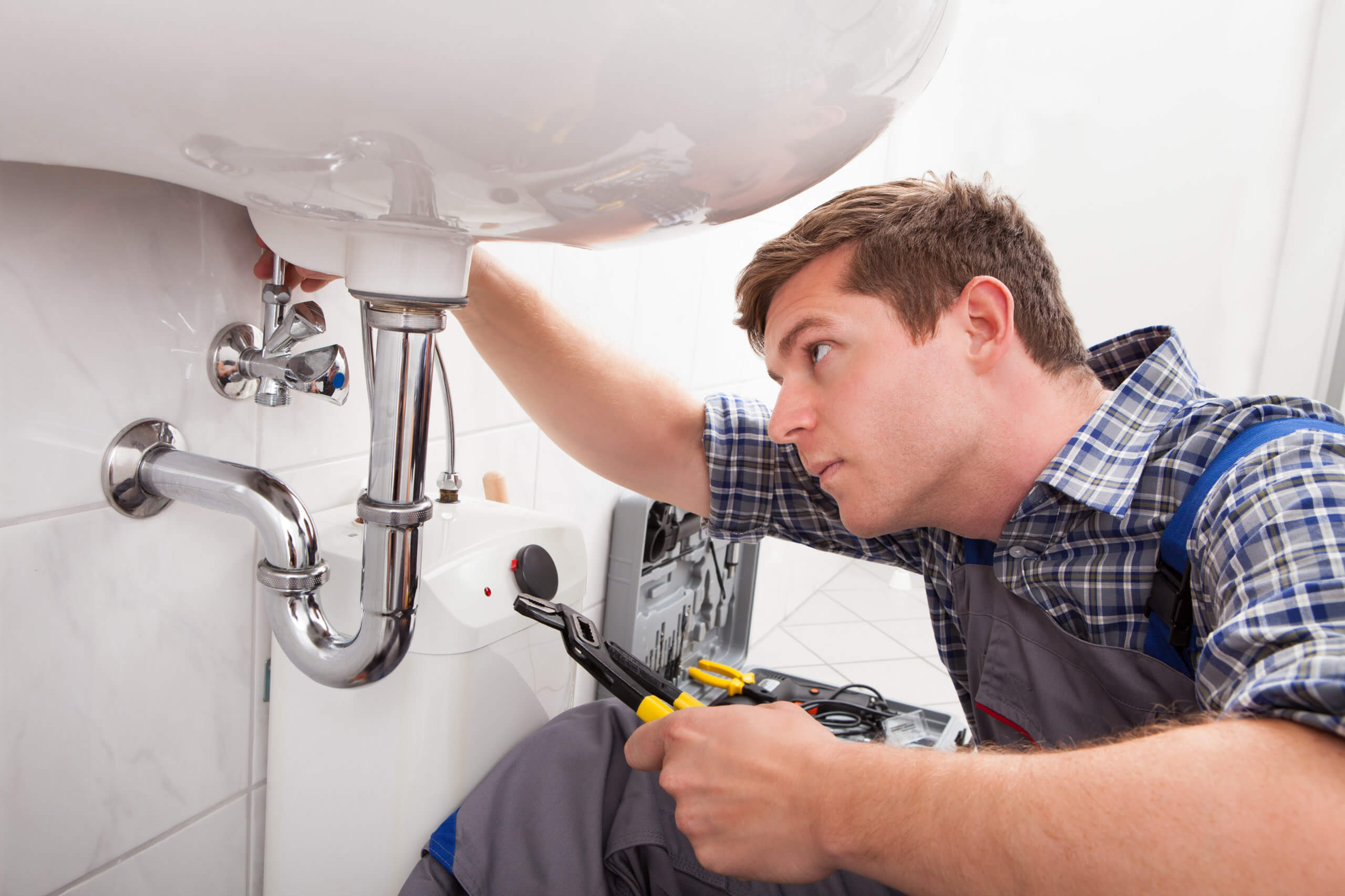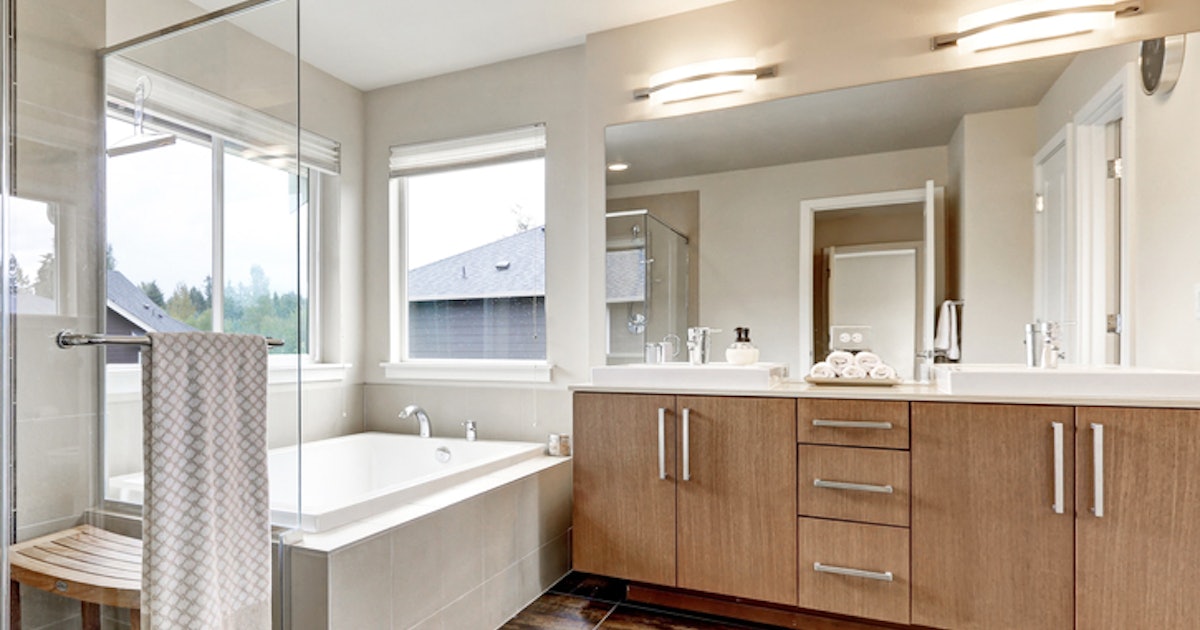If your bathroom sink is starting to drain slowly, it's important to address the issue before it turns into a major clog. Not only is a slow-draining sink inconvenient, but it can also lead to unpleasant odors and potential water damage. Luckily, there are several simple and effective solutions for unclogging a slow bathroom sink drain.Unclogging a Slow Bathroom Sink Drain
Before you can fix a slow-draining bathroom sink, it's important to understand what may be causing the issue. In most cases, the culprit is a buildup of hair, soap scum, toothpaste residue, and other debris in the sink's drain. This buildup can restrict the flow of water and cause the sink to drain slowly. One of the easiest ways to fix a slow-draining bathroom sink is to use a plunger. Simply place the plunger over the drain, making sure it covers the entire opening, and plunge up and down several times. This should help dislodge any clogs and improve the drainage of your sink.How to Fix a Slow-Draining Bathroom Sink
If the plunger doesn't work, there are a few DIY solutions you can try before calling a professional. One common method is using a mixture of baking soda and vinegar to break down the clog. Start by pouring a pot of hot water down the drain, followed by half a cup of baking soda. Then, pour a mixture of one cup of vinegar and one cup of hot water down the drain. Cover the drain with a cloth or drain plug and let the mixture sit for 10-15 minutes before flushing it with hot water. You can also try using a drain snake to physically remove any hair or debris that may be causing the clog. Simply insert the snake into the drain and twist it as you push it in and pull it out. Be sure to have a bucket handy to catch any debris that comes out.DIY Solutions for a Slow-Draining Bathroom Sink
If the DIY solutions don't work, you may need to take more drastic measures to unclog your bathroom sink. Here are five easy steps to follow: 1. Clear out any standing water: Use a cup or bucket to remove any standing water from the sink. 2. Remove the stopper: Most sinks have a stopper that can be removed by unscrewing it from the drain. 3. Clean the stopper and drain: Use a toothbrush or small brush to clean any hair or debris from the stopper and drain. 4. Use a plunger: If there is still standing water in the sink, use a plunger to try and dislodge the clog. 5. Try a drain auger: If the plunger doesn't work, a drain auger (also known as a drain snake) can be used to physically remove the clog.5 Easy Steps to Unclog a Bathroom Sink
Knowing the common causes of a slow-draining bathroom sink can help you prevent the issue from happening in the future. As mentioned earlier, hair, soap scum, and toothpaste residue are common culprits. But other factors, such as a faulty stopper or a lack of regular drain maintenance, can also contribute to a slow-draining sink. To prevent clogs, be sure to regularly clean your sink and use a hair catcher to prevent hair from going down the drain. It's also a good idea to pour hot water down the drain once a week to help break down any buildup.Common Causes of a Slow-Draining Bathroom Sink
If you prefer to use natural remedies, there are several options available for unclogging a slow-draining bathroom sink. In addition to the baking soda and vinegar method mentioned earlier, you can also try pouring boiling water down the drain or using a mixture of salt and baking soda followed by hot water. Another option is using enzyme-based drain cleaners, which are made from natural enzymes and bacteria that break down organic material in the drain.Natural Remedies for a Slow-Draining Bathroom Sink
While many clogs can be fixed with simple DIY solutions, it's still important to have the right tools on hand in case those methods don't work. Some essential tools for unclogging a bathroom sink include a plunger, a drain snake, and a drain auger. You may also want to have a small brush or toothbrush for cleaning the stopper and drain.Tools You Need to Unclog a Bathroom Sink
The best way to deal with a slow-draining bathroom sink is to prevent it from happening in the first place. In addition to regular cleaning and maintenance, there are a few other steps you can take to prevent clogs in your bathroom sink: - Avoid pouring grease, oil, or coffee grounds down the drain. - Use a hair catcher in your sink to prevent hair from going down the drain. - Only flush toilet paper and human waste down the toilet, and avoid flushing anything else, like feminine products or paper towels.Preventing a Slow-Draining Bathroom Sink
If all else fails, it may be time to call in a professional plumber to unclog your bathroom sink. A plumber will have specialized tools and equipment to effectively remove stubborn clogs and get your sink draining properly again. They can also identify any underlying issues that may be causing the clog and provide long-term solutions to prevent future clogs.Professional Solutions for a Clogged Bathroom Sink
It's important to address a slow-draining bathroom sink as soon as possible before it turns into a complete clog. But how can you tell if your sink is actually clogged? Here are a few signs to look out for: - Water takes a long time to drain out of the sink. - There is standing water in the sink after use. - The sink makes gurgling noises when you run water down the drain. If you notice any of these signs, it's best to take action right away to prevent a full clog from forming. In conclusion, a slow-draining bathroom sink may seem like a minor inconvenience, but it's important to address it before it becomes a major problem. With the right tools and techniques, you can easily unclog your sink and keep it running smoothly. And by taking preventive measures, you can avoid future clogs and keep your bathroom sink in top condition.How to Tell if Your Bathroom Sink is Clogged
How to Prevent Your Bathroom Sink from Getting Clogged Slowly

Understanding the Causes of a Slowly Clogged Bathroom Sink
 One of the most common plumbing issues in every household is a clogged bathroom sink. It may seem like a minor inconvenience at first, but if left unattended, it can lead to more serious problems such as overflowing water, foul odors, and damage to your pipes. The main culprit behind a slowly clogged bathroom sink is the build-up of debris, soap scum, and hair over time. These substances, combined with the constant flow of water, can create a blockage in your drain, causing the water to drain slowly or not at all.
One of the most common plumbing issues in every household is a clogged bathroom sink. It may seem like a minor inconvenience at first, but if left unattended, it can lead to more serious problems such as overflowing water, foul odors, and damage to your pipes. The main culprit behind a slowly clogged bathroom sink is the build-up of debris, soap scum, and hair over time. These substances, combined with the constant flow of water, can create a blockage in your drain, causing the water to drain slowly or not at all.
Preventive Measures to Keep Your Bathroom Sink Running Smoothly
 Preventing a clogged bathroom sink is easier and more cost-effective than fixing it. Here are some simple steps you can take to keep your bathroom sink running smoothly:
1. Regularly Clean Your Drain
The best way to prevent a clogged bathroom sink is to regularly clean your drain. You can use a mixture of vinegar and baking soda to break down any build-up and keep your drain clear. Simply pour half a cup of baking soda down the drain, followed by half a cup of vinegar. Let it sit for 15 minutes, then flush it with hot water.
2. Use a Drain Strainer
Investing in a drain strainer can save you from a lot of trouble. These inexpensive tools can catch hair and other debris, preventing them from going down the drain and causing a clog.
3. Be Mindful of What Goes Down the Drain
Be cautious of what you let go down your bathroom sink drain. Avoid pouring grease, oil, and coffee grounds down the drain, as they can solidify and cause a blockage. Also, make sure to dispose of hair and other debris in the trash instead of letting them go down the drain.
Preventing a clogged bathroom sink is easier and more cost-effective than fixing it. Here are some simple steps you can take to keep your bathroom sink running smoothly:
1. Regularly Clean Your Drain
The best way to prevent a clogged bathroom sink is to regularly clean your drain. You can use a mixture of vinegar and baking soda to break down any build-up and keep your drain clear. Simply pour half a cup of baking soda down the drain, followed by half a cup of vinegar. Let it sit for 15 minutes, then flush it with hot water.
2. Use a Drain Strainer
Investing in a drain strainer can save you from a lot of trouble. These inexpensive tools can catch hair and other debris, preventing them from going down the drain and causing a clog.
3. Be Mindful of What Goes Down the Drain
Be cautious of what you let go down your bathroom sink drain. Avoid pouring grease, oil, and coffee grounds down the drain, as they can solidify and cause a blockage. Also, make sure to dispose of hair and other debris in the trash instead of letting them go down the drain.
Conclusion
 A slowly clogged bathroom sink may seem like a minor issue, but it can quickly escalate into a bigger problem if not addressed. By following these preventive measures, you can keep your bathroom sink running smoothly and avoid the hassle and expense of dealing with a clog. Remember, regular maintenance is key to keeping your plumbing in good condition.
A slowly clogged bathroom sink may seem like a minor issue, but it can quickly escalate into a bigger problem if not addressed. By following these preventive measures, you can keep your bathroom sink running smoothly and avoid the hassle and expense of dealing with a clog. Remember, regular maintenance is key to keeping your plumbing in good condition.
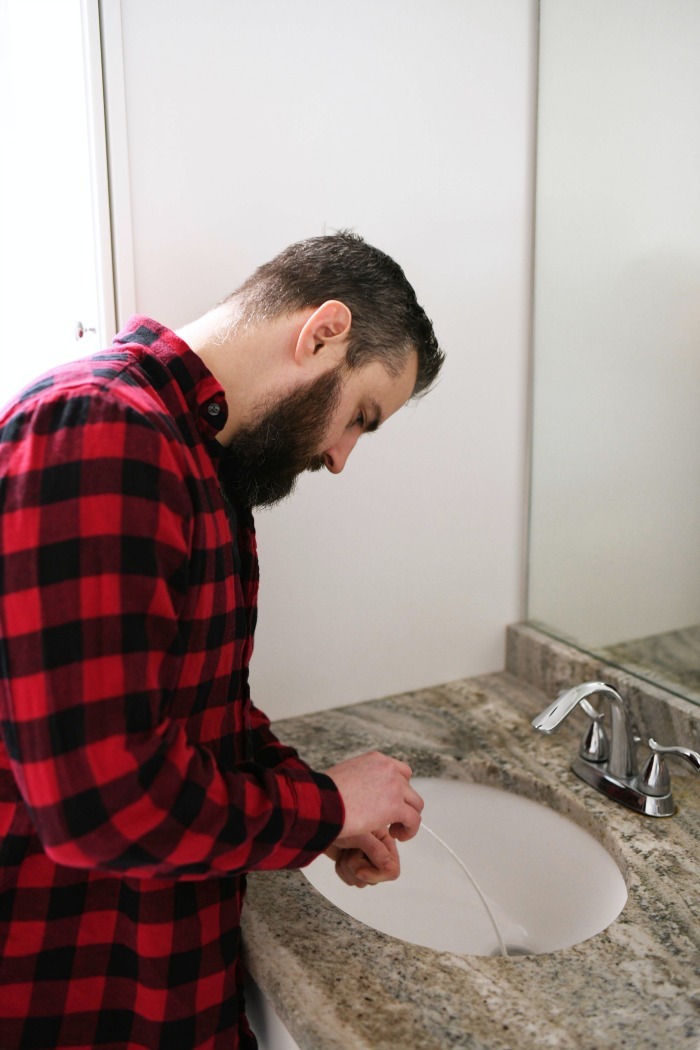






:max_bytes(150000):strip_icc()/freshen-and-unclog-drain-with-baking-soda-1900466-22-bbf940b70afa4d5abef0c54da23b1d3f.jpg)









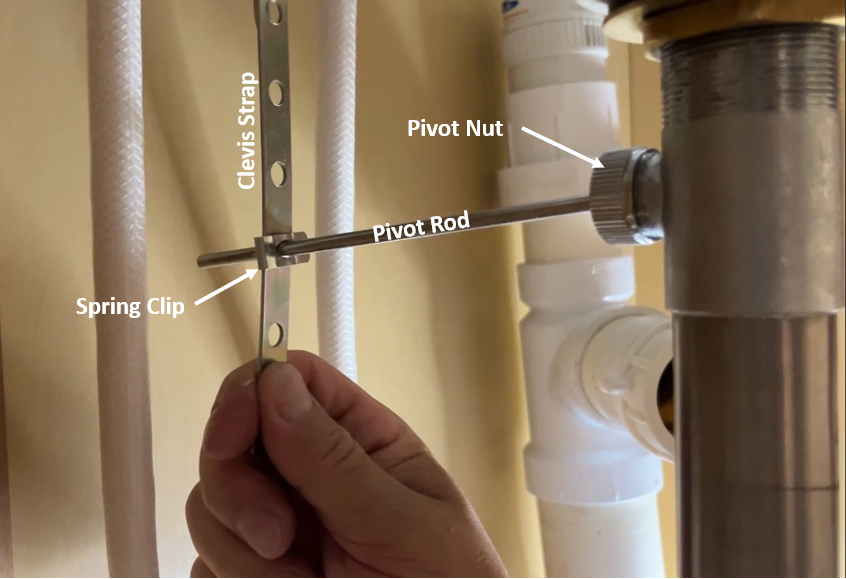



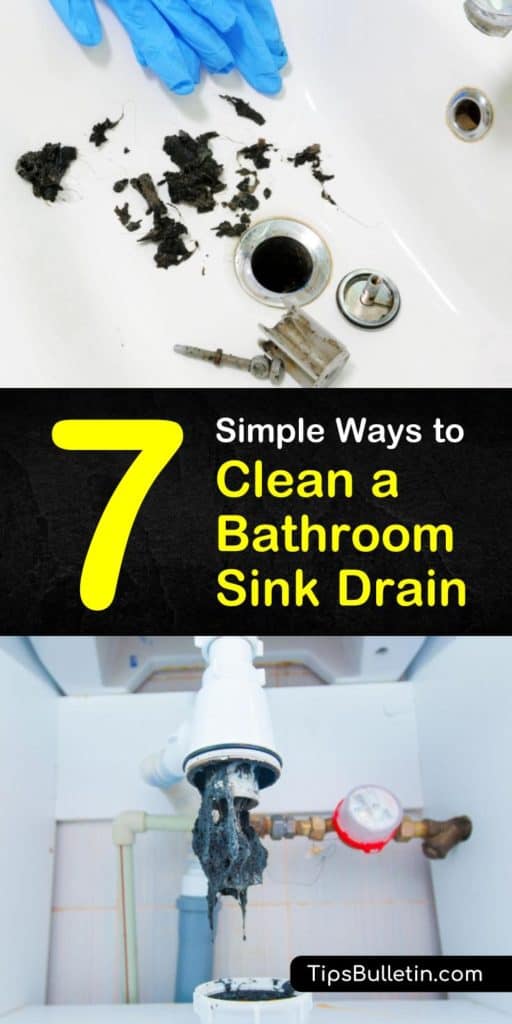
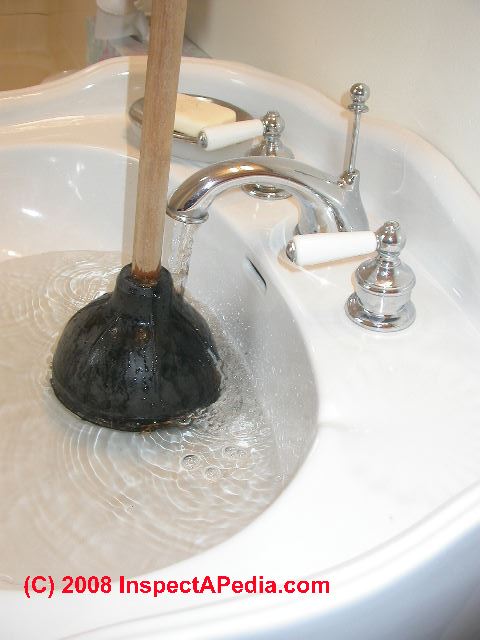

:max_bytes(150000):strip_icc()/Five-Ways-to-Fix-a-Slow-Sink-Drain-03-24c1f6dd477d46b9b5d1f70952a76933.jpg)






